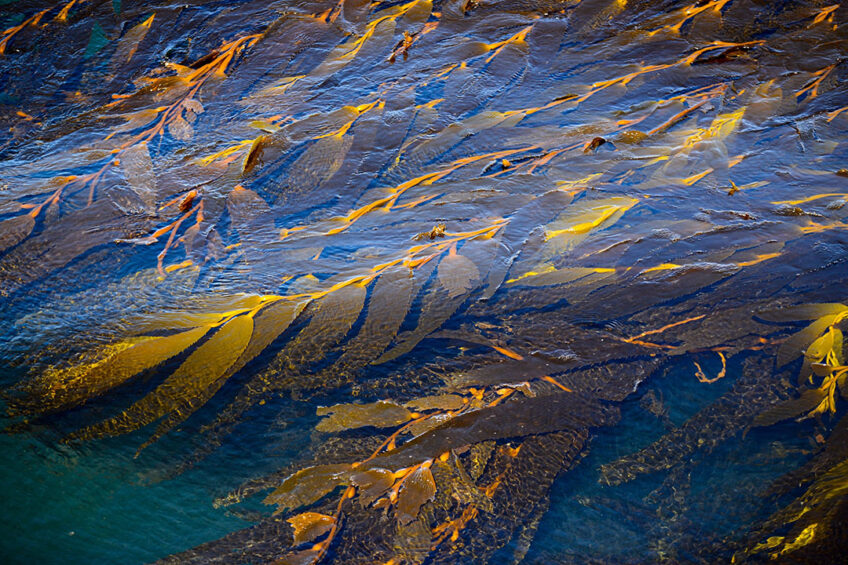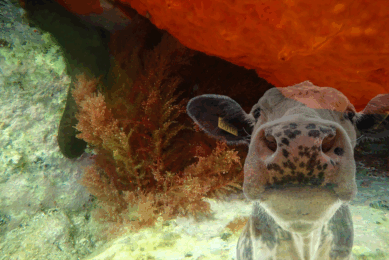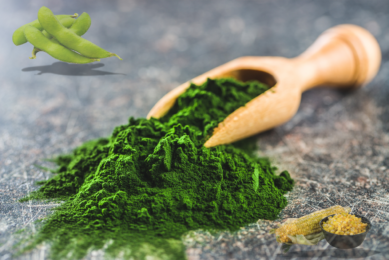Consortium wins EU grant to upscale seaweed production

A consortium of 25 international, cross-disciplinary partners has been awarded a prestigious €9 million grant to upscale seaweed production. The funding comes from the European Commission’s Horizon Europe initiative.
Led by Ocean Rainforest, the project aims to lay the foundations for a new European maritime industry to meet growing demand for seaweed-based products and attract investment from multiple sectors.
Full spectrum of seaweed products
For the first time, SeaMark (Seaweed-Based Market Applications) aims to exploit the full spectrum of products – from human food and animal feed to medicines and cosmetics.
Fasting growing crop
Seaweeds are among the fastest growing crops on the planet, requiring only sunlight, carbon dioxide and naturally occurring nutrients to grow. They are also rich in bioactive compounds with various medicinal, nutritional and biomechanical properties.
Develop 12 products
The 4-year project will see the partnership develop 12 innovative products with direct market applications, predominantly based on cultivated sugar kelp (S. latissimi). These include:
A bio-packaging material
A meat replacer
Feed supplements with pre and probiotic functional ingredients to improve digestibility, conversion ratios and overall sustainability and productivity of conventional livestock feeds
We are looking at the positive and negative impacts of seaweed farming on the living environment of people and animals
Ecosystem assessment
SeaMark will quantify ecosystem services provided by seaweed farms, contributing to a body of evidence justifying large-scale seaweed cultivation as a bioremediation tool and key element of the new circular bioeconomy.
One of the organisations involved in the ecosystem assessment is Wageningen University and Research in the Netherlands. Researcher Sander van den Burg said: “We are looking at the positive and negative impacts of seaweed farming on the living environment of people and animals.
“We will also conduct lifecycle analyses of seaweed products to compare the environmental impact of seaweed-based animal feed, meat substitutes or even cosmetics. We compare these impacts with common non seaweed products.
“We are very excited to work closely with the biggest seaweed growers and manufacturers in the world and see what you can actually do with this sugar kelp, which is a very versatile product with a lot of potential. I am personally every interested to see how ecosytems develop when seaweed is grown on an industrial scale.”
Produce 1 million tons of seaweed by 2030
Based in the Faroe Islands and California, Ocean Rainforest grows seaweed for feed, food and cosmetic producers and is aiming for a production target of 1m tons of net weight seaweed by 2030 – enormous compared to current European aquaculture production.
Work will take place in the Faroe Islands and off the Brittany coast in France.











